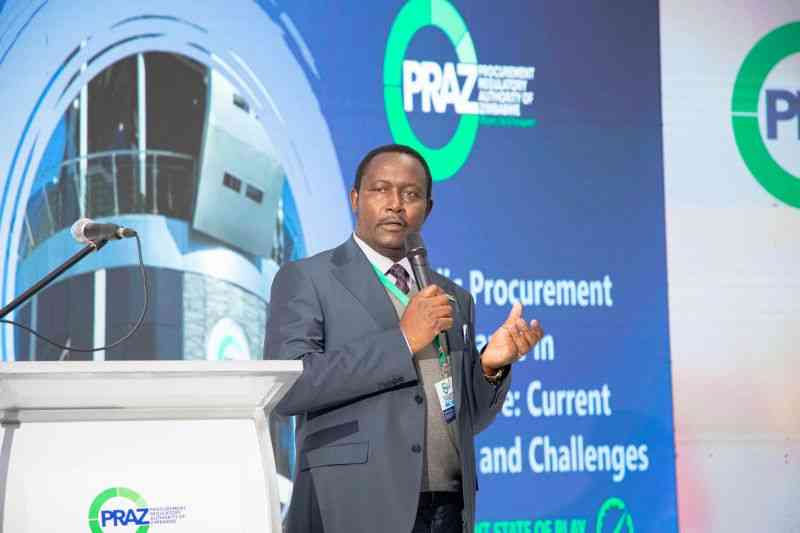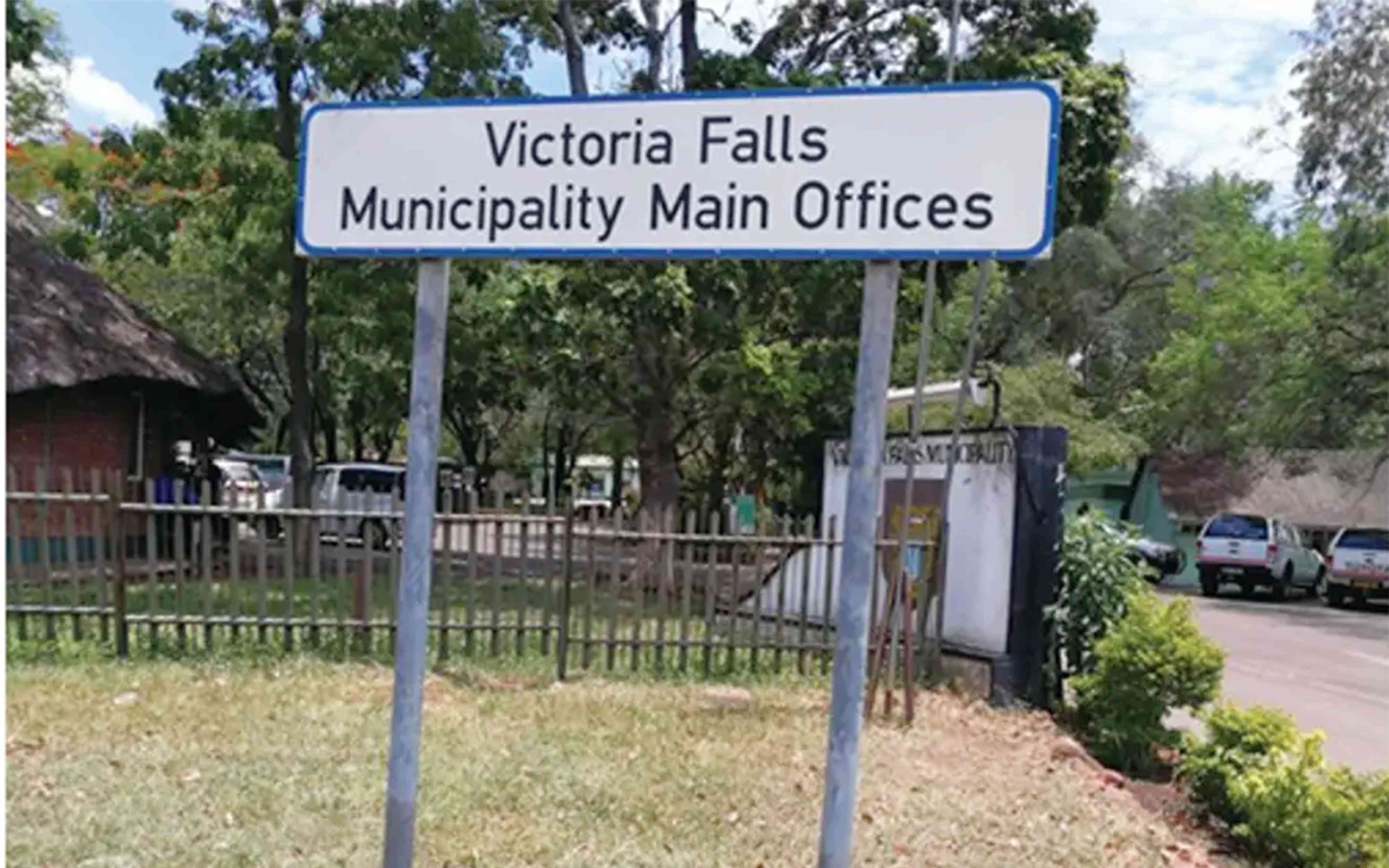
ZIMBABWE’S ability to produce credible and timely national statistics is being severely hampered by an outdated legal framework that fails to accommodate modern innovations such as big data analytics and information sharing between government agencies, the national statistics agency has revealed.
Zimbabwe National Statistics Agency (ZimStat) spokesperson Roland Chiringa said the country’s Census and Statistics Act, which governs the collection and management of national data, has fallen behind global best practices, constraining efforts to modernise statistical systems and ensure data-driven governance.
“One of the biggest challenges is uneven digital services or technological infrastructure and connectivity, particularly in rural areas,” Chiringa told Zimbabwe Independent.
“The existing Census and Statistics Act is regarded as outdated; it does not adequately support an efficient provision of official statistics through an effective national statistical system, nor fully address innovations such as big data and administrative data sharing among others.”
According to the African Union’s Strategy for the Harmonisation of Statistics in Africa and Zimbabwe’s National Development Strategy 1 (NDS1), national statistics agencies are expected to go beyond data collection.
They must produce information that drives inclusive development, enhances transparency and empowers citizens to participate meaningfully in national decision-making.
“Ultimately, our goal is not just to generate figures but to tell a true story of Zimbabweans’ socio-economic realities and to provide solid evidence that informs inclusive, people-centred policies and development planning,” Chiringa added.
“To support this commitment, we are conducting comprehensive surveys to ensure its data is granular and reflective of the country’s dynamic environment.”
- Thousands flee economic mess
- Disband RBZ: Hanke
- 40 000 enumerators threaten legal action
- Zimbos don't want to burden SA's health system
Keep Reading
He said ZimStat is now conducting comprehensive surveys to produce granular data reflective of the country’s fast-changing socio-economic environment, while strengthening transparency and public engagement.
“Furthermore, ZimStat is emphasising transparency and public engagement, conducting public awareness campaigns to educate citizens on the value of statistics while assuring them of continued data privacy,” Chiringa said.
ZimStat joined the global community on October 20 in commemorating the Fourth World Statistics Day, held under the theme “Quality Statistics and Data for Everyone”.
In a statement marking the occasion, the International Statistical Institute (ISI) underscored the vital role of trustworthy data in democratic governance and global cooperation.
“Without reliable statistics, democracy falters, markets waver and citizens lose the means to hold power to account,” it said.
“Reliable figures on growth, jobs, inflation, health, environment and education allow people to judge for themselves, based on impartial evidence rather than political spin. When statistics vanish, speculation fills the gap and trust disappears.”
The ISI warned that undermining the integrity of statistical systems erodes public trust and weakens international collaboration.
It said statistics underpin international scientific cooperation in fields ranging from vaccine innovation to climate research and sustainable development by providing accessible and shared sources of evidence.
“When their integrity is undermined, mistrust can spread across borders. An attack on statistics and science in one country can quickly become a political export, replicated elsewhere by actors with similar objectives,” the ISI said.
“In an era of rapid technological change and global challenges, integrity throughout the knowledge chain, from raw data to decisions, is paramount.
“Professional ethics, accurate data collection, rigorous analysis and transparent communication build the trust needed for decisions based on reality rather than assumption.
“A strong data culture ensures that statistics drive progress, equity and accountable governance.”











